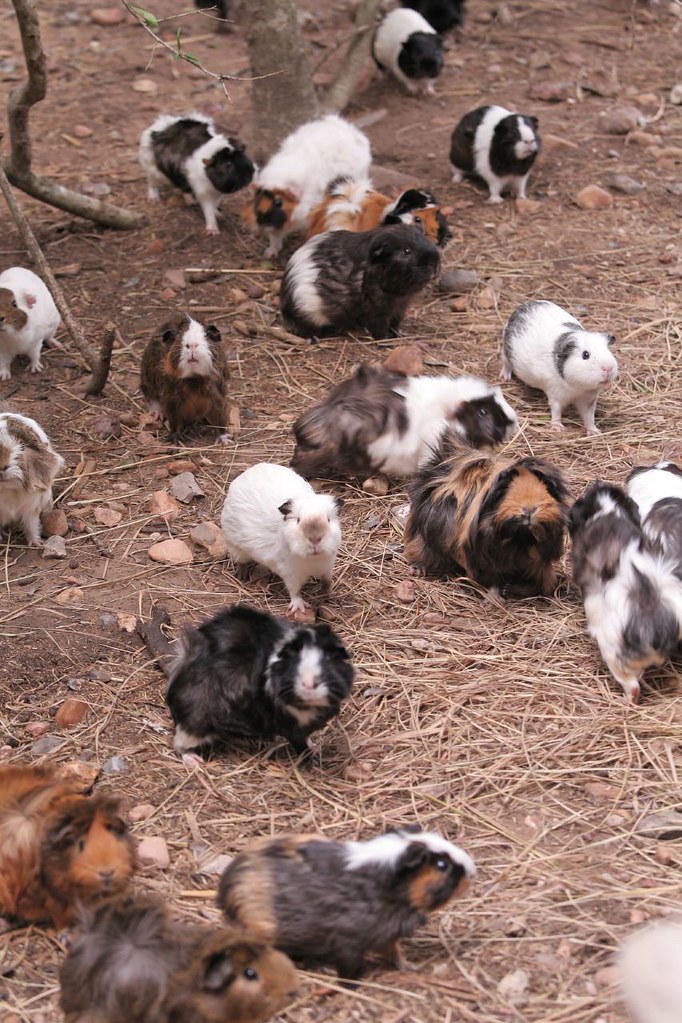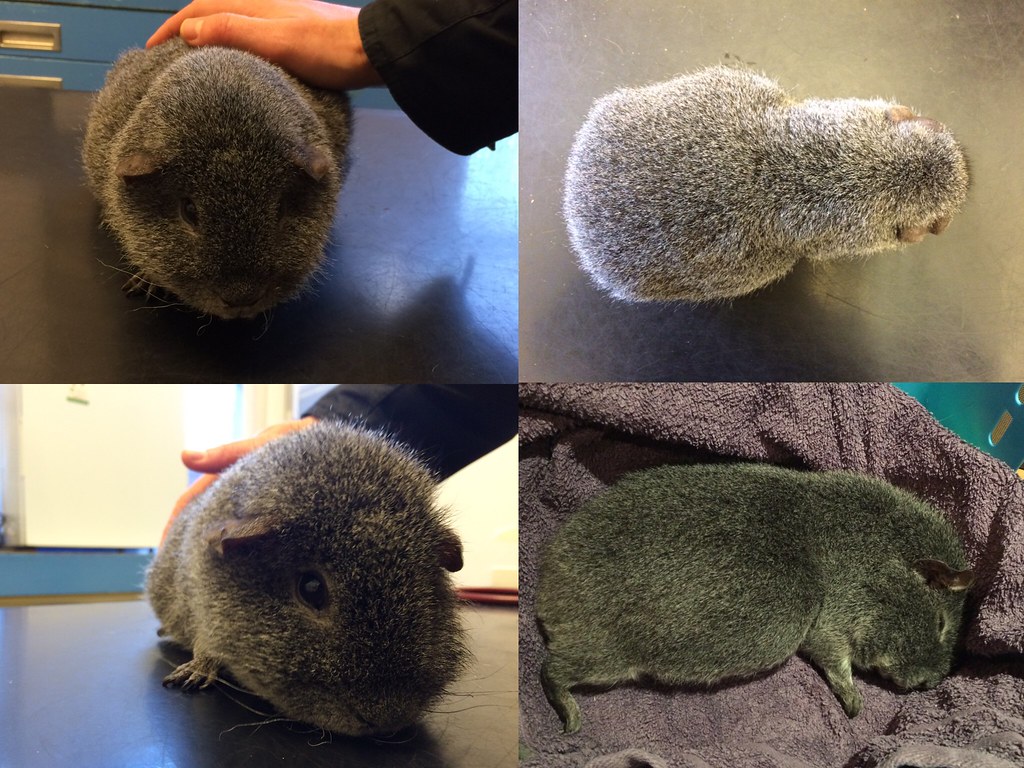Have you ever found yourself wondering, “Why is my guinea pig squeaking?” These adorable little creatures have a unique way of communicating, and understanding the reasons behind those squeaks is crucial for every guinea pig owner. In this article, we’ll delve into the world of guinea pig sounds, unraveling the mysteries behind their squeaks and chirps.
The Language of Guinea Pigs

Guinea pigs are known for their vocalizations, and each squeak, chirp, or purr carries a specific message. To decipher this furry language, it’s essential to pay attention to the context and frequency of the sounds. From expressing joy to indicating discomfort, guinea pig vocalizations are a rich source of information for their owners.
Common Reasons for Squeaking
1. Happiness and Excitement
Guinea pigs often squeak when they are delighted, such as during playtime or when you approach with their favorite treats. These high-pitched sounds are a clear sign of a content and joyful guinea pig.
2. Fear and Anxiety
On the flip side, squeaks can also indicate fear or anxiety. If your guinea pig feels threatened or senses danger, they may emit rapid, repetitive squeaks. Understanding their environment and providing a safe space can help alleviate these concerns.
3. Communication with Peers
Guinea pigs are social animals, and they use squeaks to communicate with each other. These sounds can signify a desire for interaction, a warning to other guinea pigs, or a call for attention.
The Enigma of Nighttime Squeaks
4. Nocturnal Vocalizations
Some guinea pigs may exhibit increased vocalizations during the night. This behavior can be attributed to their nocturnal nature, and it’s essential to differentiate between normal nightly chatter and signs of distress.
Responding to Your Guinea Pig’s Sounds
Understanding the reasons behind your guinea pig’s squeaks is the first step, but how should you respond? As a responsible pet owner, being attuned to your furry friend’s needs is crucial. Provide a comfortable environment, ensure a balanced diet, and engage in regular interactions to foster a strong bond.
Conclusion
In the world of guinea pigs, squeaks are a language of their own, and decoding them adds a new dimension to the pet-owner relationship. By paying attention to the context and frequency of squeaks, you can better understand your guinea pig’s emotions and ensure a happy and healthy life for your furry companion.
FAQs
Q1: Why do guinea pigs squeak at night?
A: Guinea pigs may squeak at night due to their nocturnal nature. It’s a way for them to communicate with their peers or express their feelings. Ensure they have a comfortable and secure sleeping environment to minimize nighttime squeaks.
Q2: Can sickness cause excessive squeaking in guinea pigs?
A: Yes, illness or discomfort can lead to increased squeaking in guinea pigs. If you notice a sudden change in vocalization patterns, consult with a veterinarian to rule out any health issues.
Q3: How can I distinguish between happy and distressed squeaks?
A: Happy squeaks are typically high-pitched and occur during positive interactions. Distressed squeaks are often rapid and repetitive. Pay attention to the context and overall behavior of your guinea pig to interpret their sounds accurately.
Q4: Should I be concerned if my guinea pig is silent?
A: While some guinea pigs are naturally quieter, sudden silence can indicate stress or illness. Monitor your pet closely, and if you observe any unusual behavior, seek professional veterinary advice.
Q5: Can I train my guinea pig to reduce excessive squeaking?
A: Guinea pigs can be trained through positive reinforcement. Establish a routine, provide a comfortable environment, and reward calm behavior. However, remember that vocalization is a natural part of their communication, and complete silence may not be achievable.

